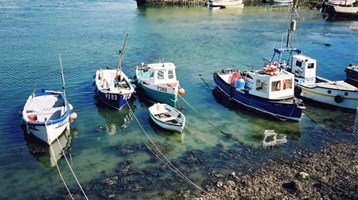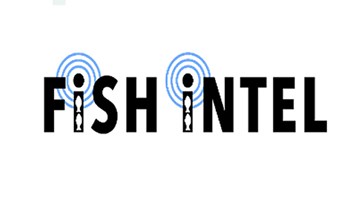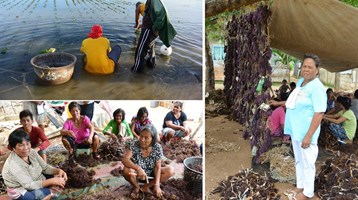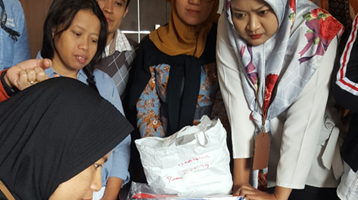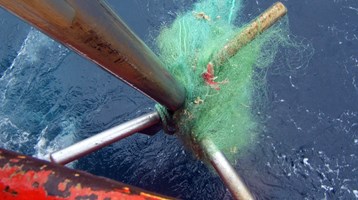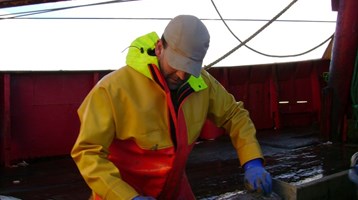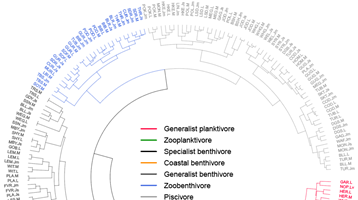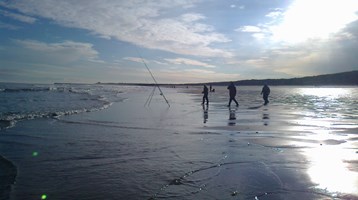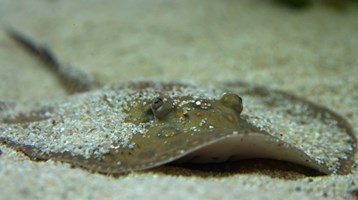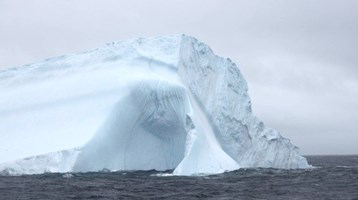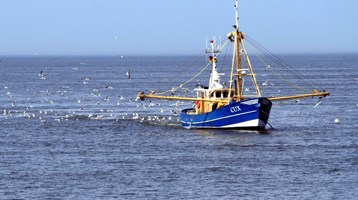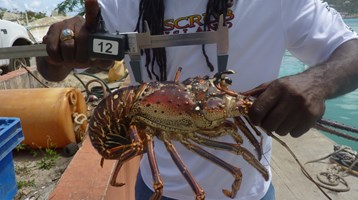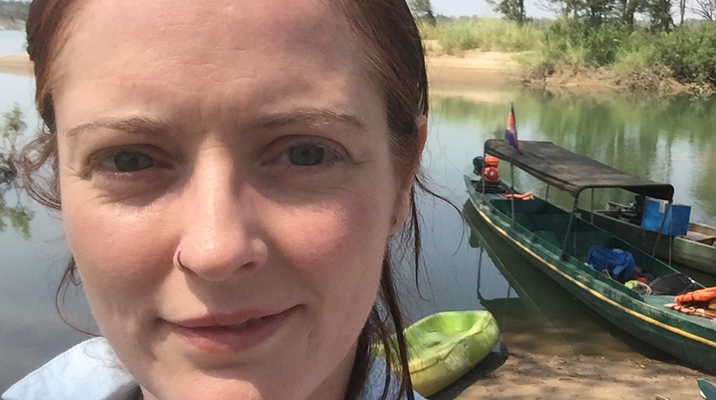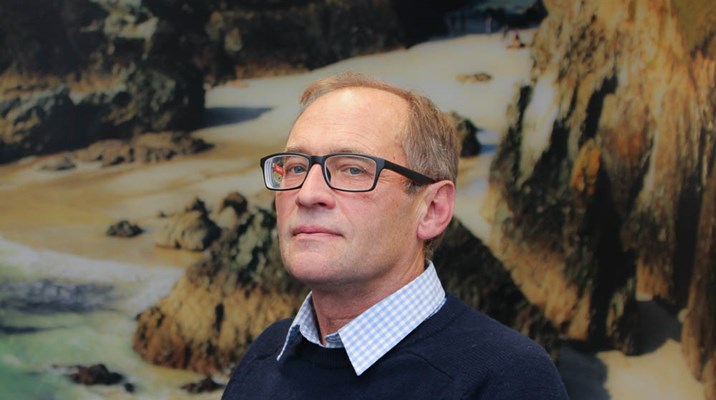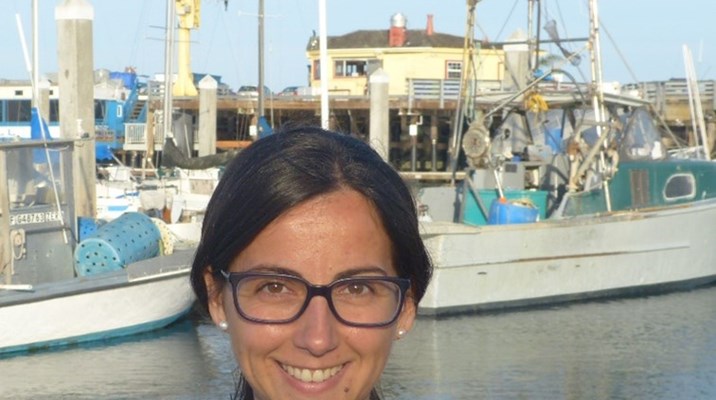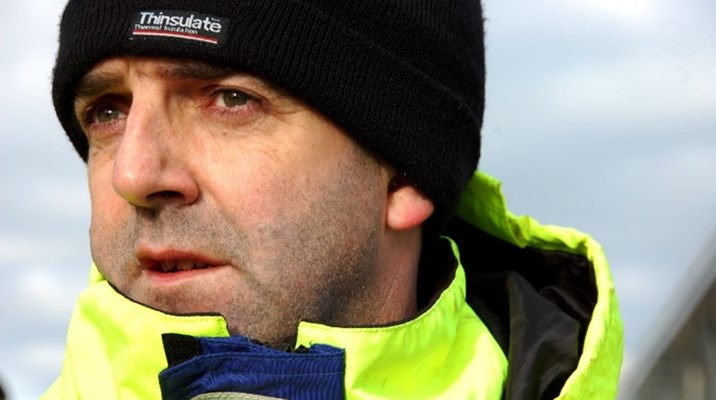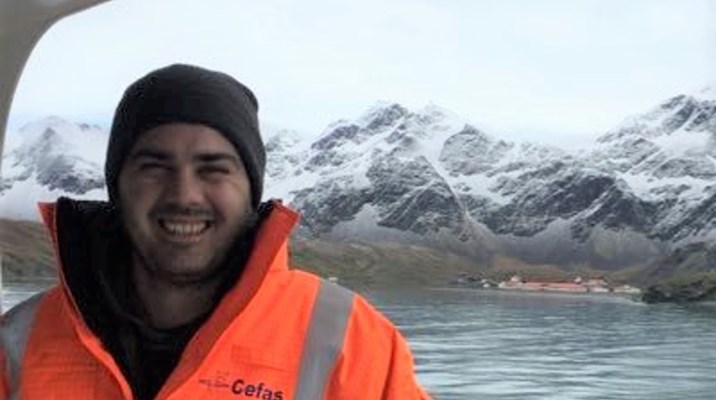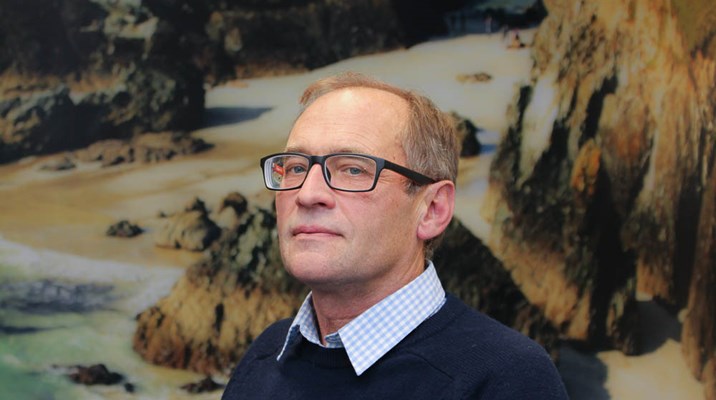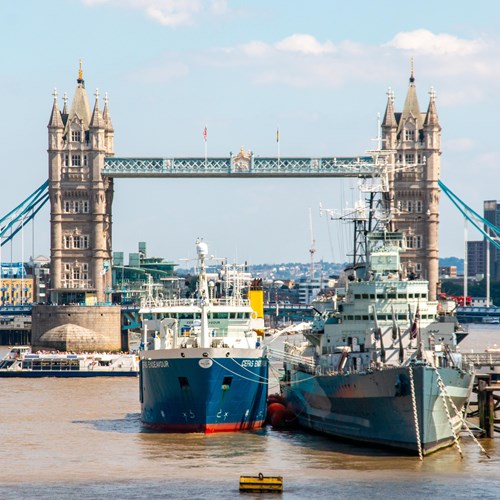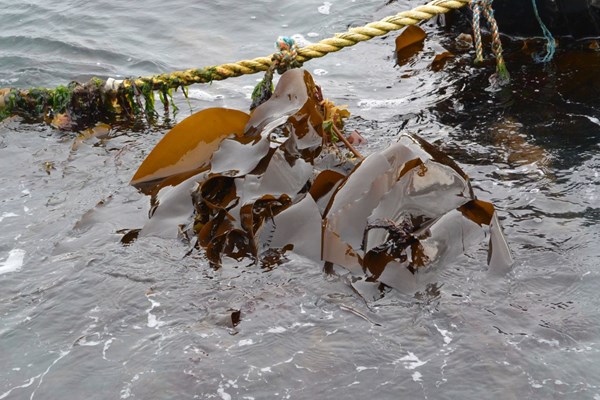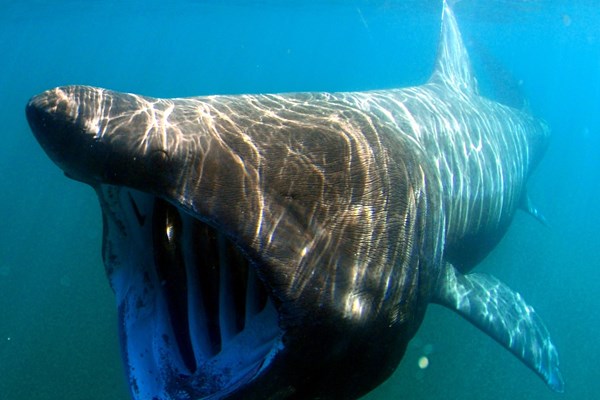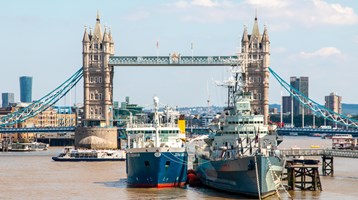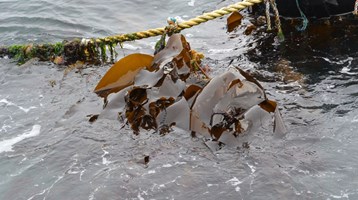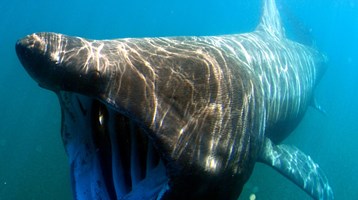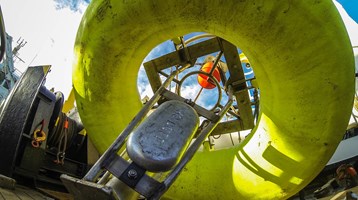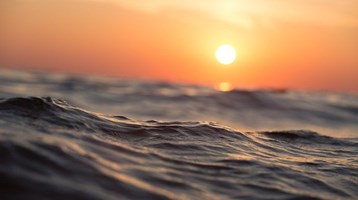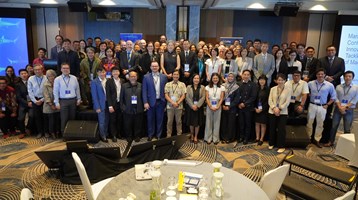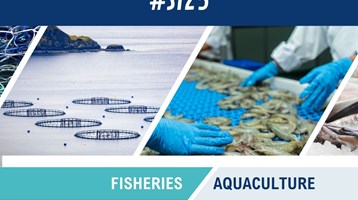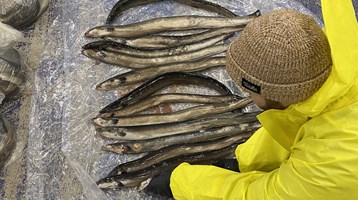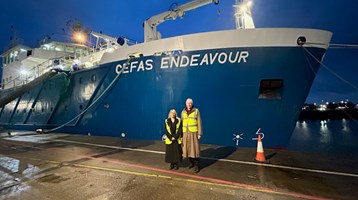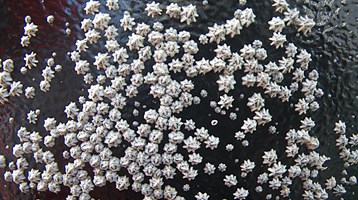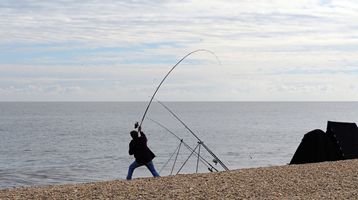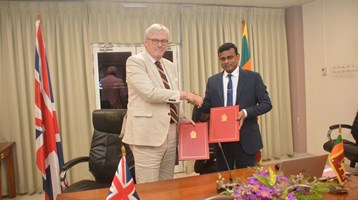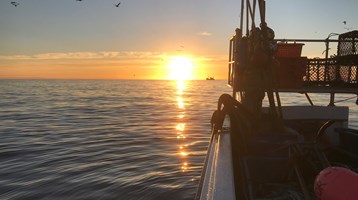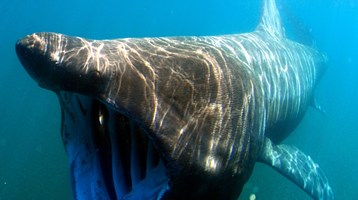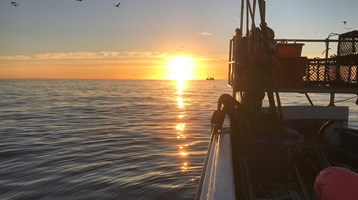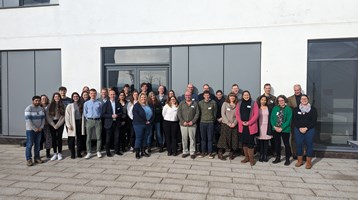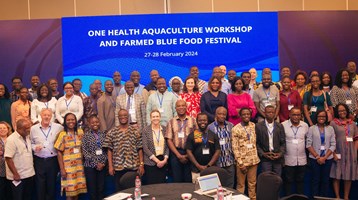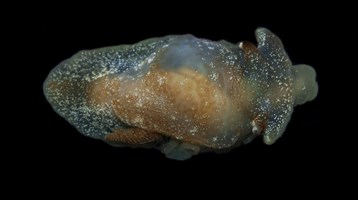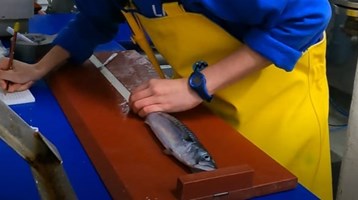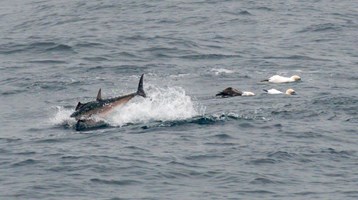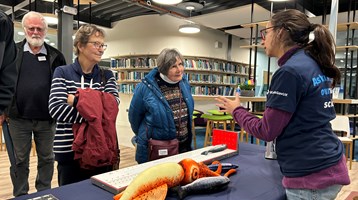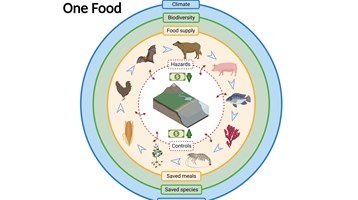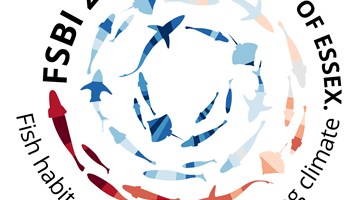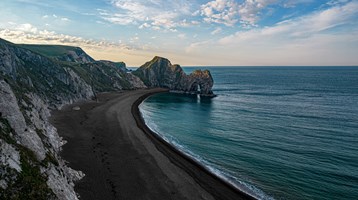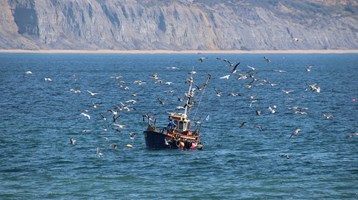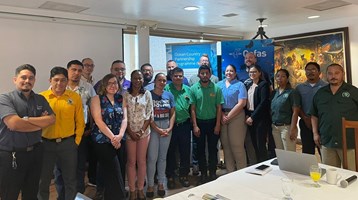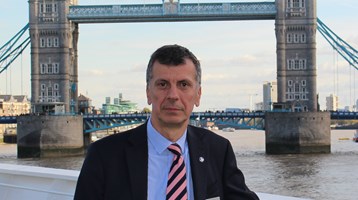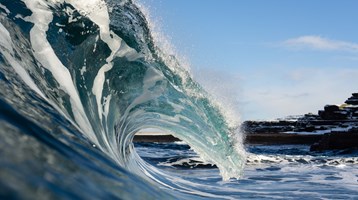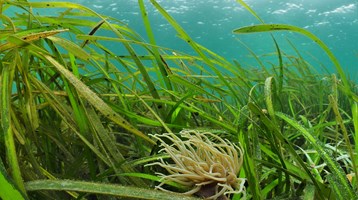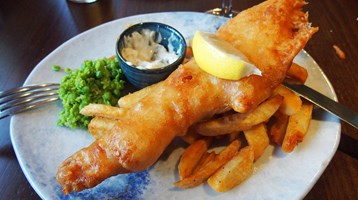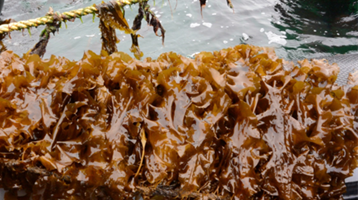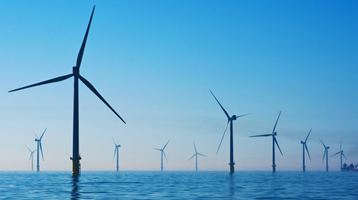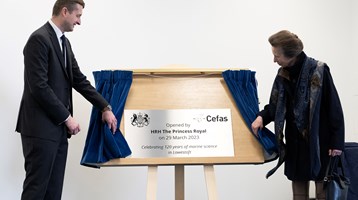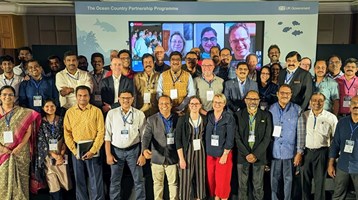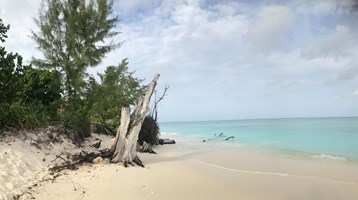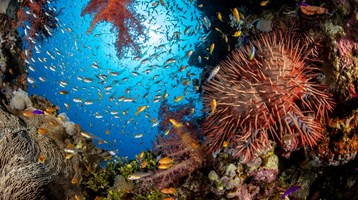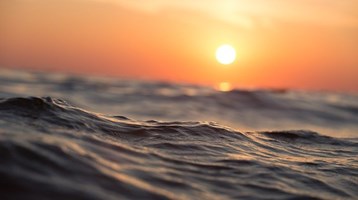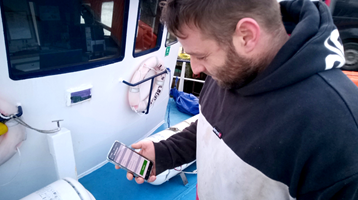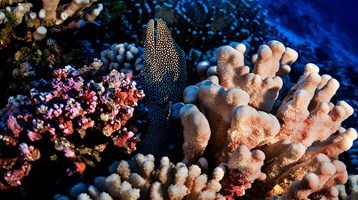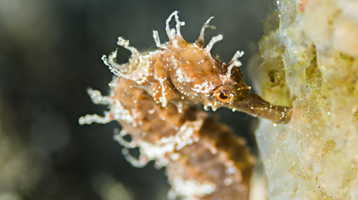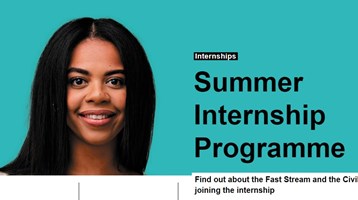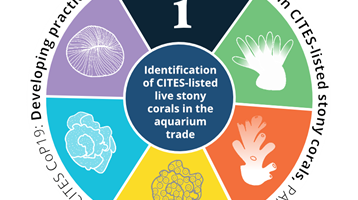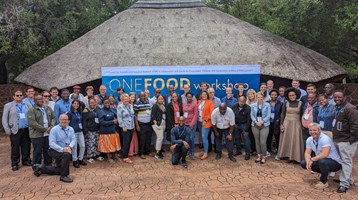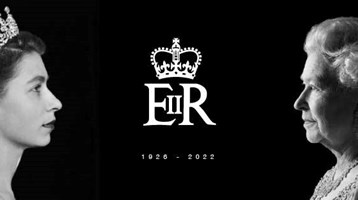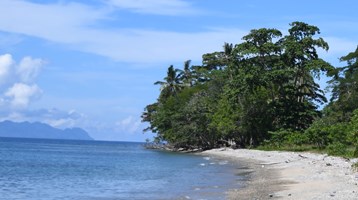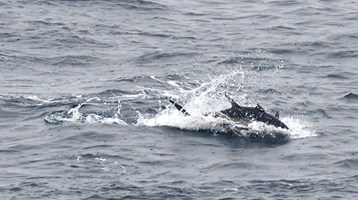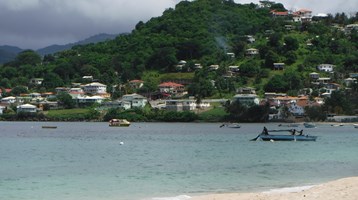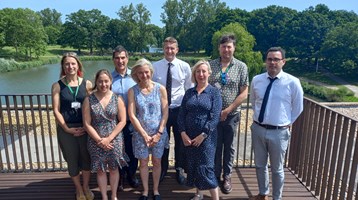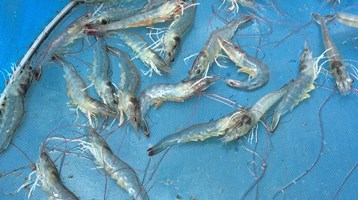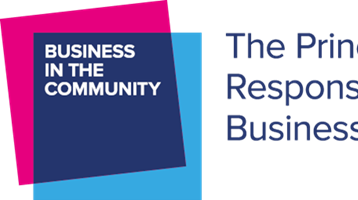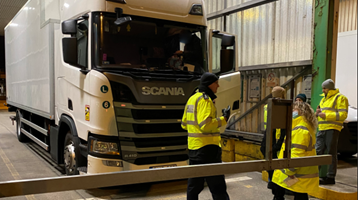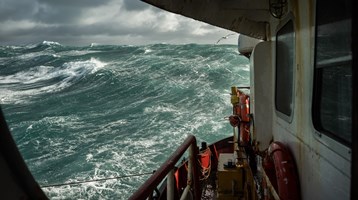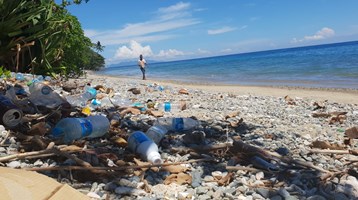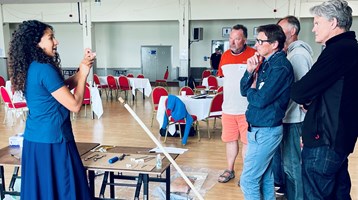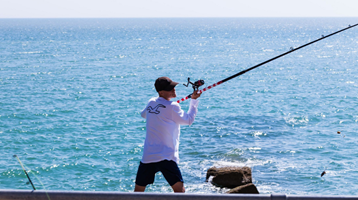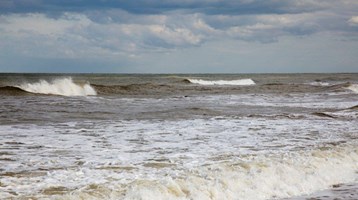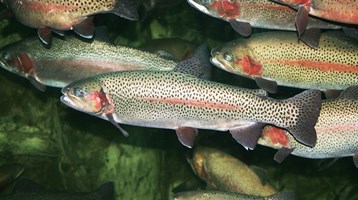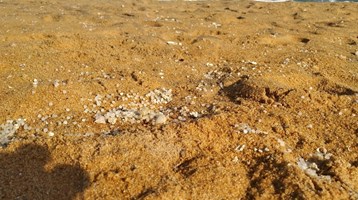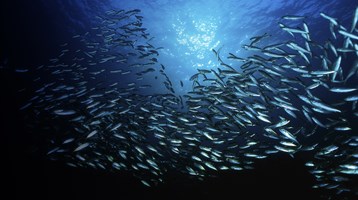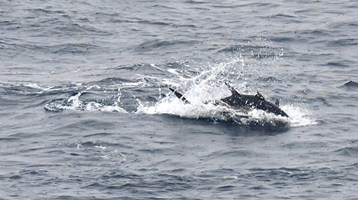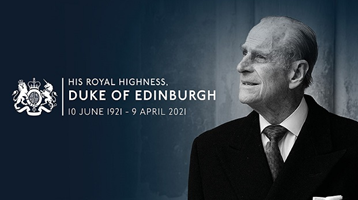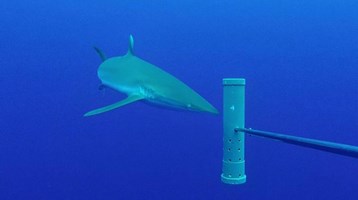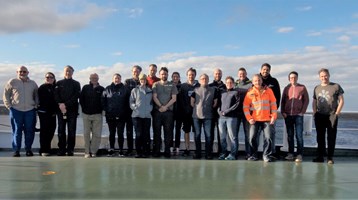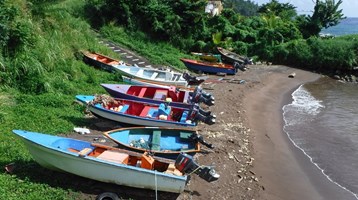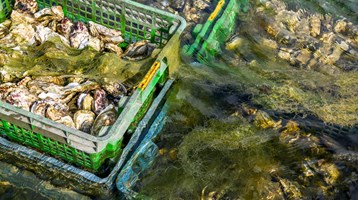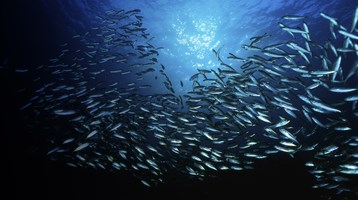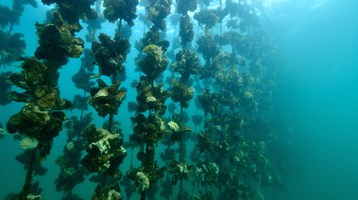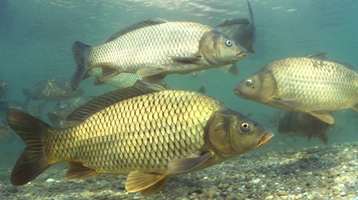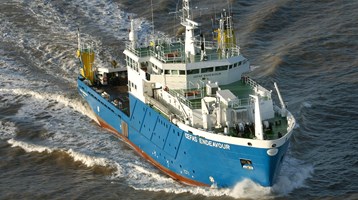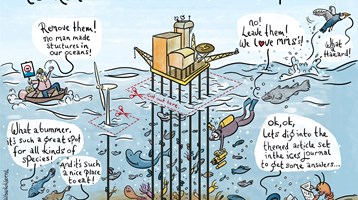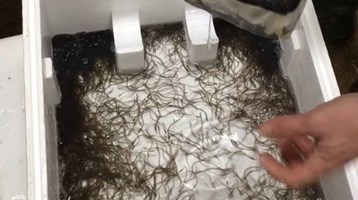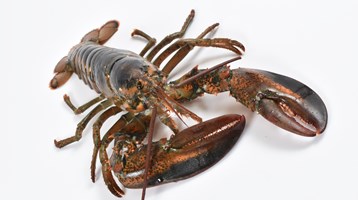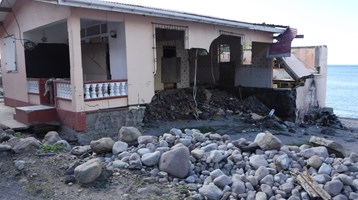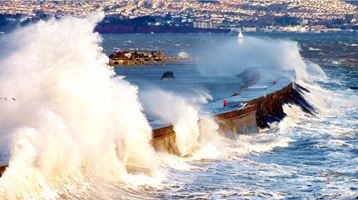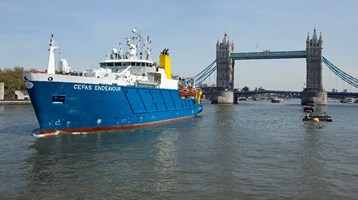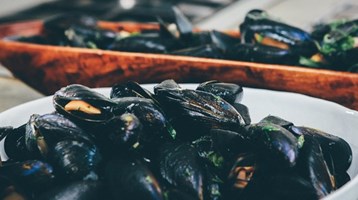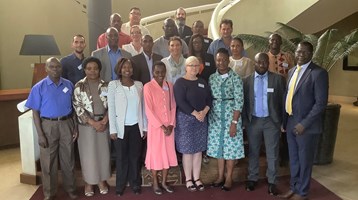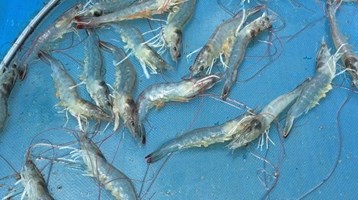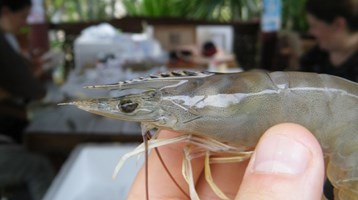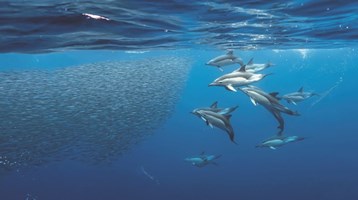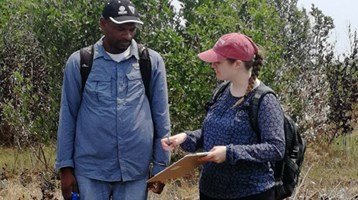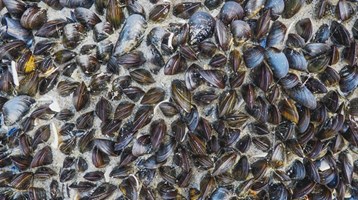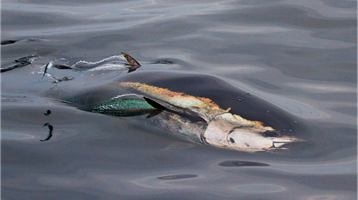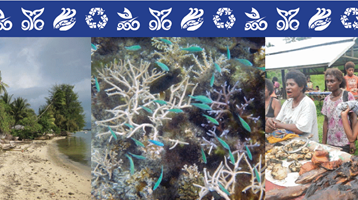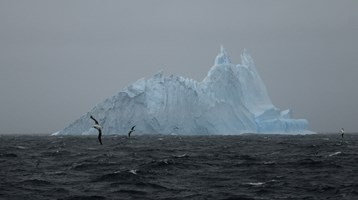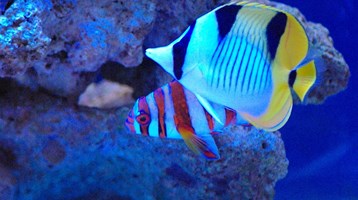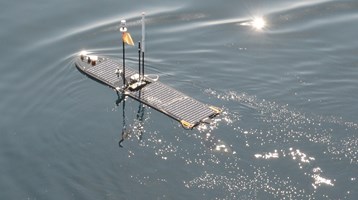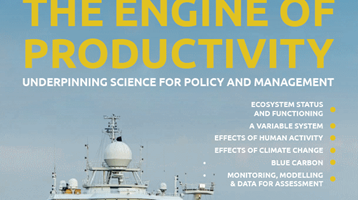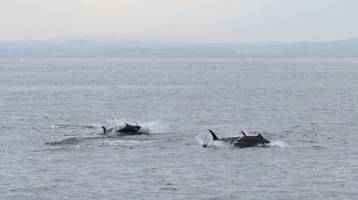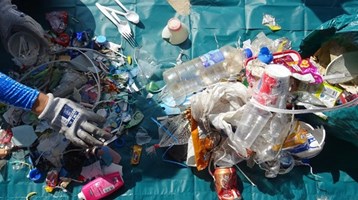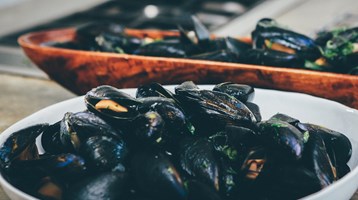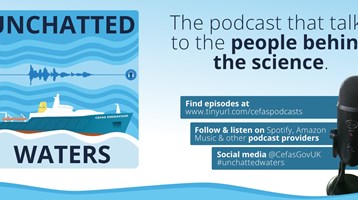Sea angling contributes over £1.5bn to UK economy
3 July 2020
Ever wondered how much sea anglers catch and spend? New research led by Centre for Environment, fisheries & Aquaculture Science (Cefas) and Substance released today provides estimates of the numbers of sea anglers, participation rates, catches and economic impact across the UK in 2016 and 2017.
Over a two-year period more than 1,500 sea anglers from across the UK worked with scientists and researchers to keep diaries of what they caught on all their sea angling trips and how much they spent on the sport. In addition, 12,000 residents were surveyed, helping to develop a detailed picture of the UK’s sea angling preferences. This valuable information will be used to shape policy decisions to support sustainable fisheries and ensure the economic and recreational importance of sea angling is considered. Further insights from 2018 and 2019 surveys will contribute to this understanding and are expected to be released later this year.
Around 800,000 or 1.6% of UK adults went sea angling at least once each year, fishing for a total of 7 million days. On average, anglers spent over £1,000 per year on their sport, resulting in a total economic impact of sea angling of between 1.5 and 2 billion pounds. This provided around £350 million of Gross Value Added (GVA) and supported around 15,000 jobs when indirect effects are included.
Over 100 fish species were caught from the most common - cod, bass, dab, whiting and mackerel - to the rare – twaite shad; and from the smallest - tompot blenny – to the large pelagic fish - blue shark. The most caught species were whiting, mackerel, dogfish, bass, cod, pollack, dab and bib.
Around 50 million fish were caught, with around 80% of all fish released. This was higher than previous estimates from 2012, particularly for released fish. The reason for this difference is not known, but is likely to be due to a combination of different years, survey methods, bias, and catch rates.
Kieran Hyder, Project Lead from Cefas, said: “This survey provides invaluable information to support the development of sea angling policy and ensure that the needs of sea anglers are taken into account in marine management. The contribution of individual sea anglers to the project has been and continues to be indispensable.”
Adam Brown, Head of Research at Substance said: “This is undoubtedly one of the largest and most complex citizen science projects that we have undertaken. This has involved engagement with sea anglers on an unprecedented level to provide data which informs the sustainable management of marine fisheries. Our amazing diarists have used our cutting-edge technology to help make it possible”.
The Sea Angling Diary Project is ongoing and open to anyone who fishes in the sea in the UK to join. Sea anglers get a free mobile app, fish ID booklet and online dashboard and reports of their activity. Anglers can sign up at www.seaangling.org.
Sea angling is a popular activity in the UK that has social and economic benefits, and catches can be significant. Data on participation, catch and economic value of sea angling are needed by government and stakeholders to support well-informed decisions and sustainable management of fisheries.
To obtain these estimates, the outputs from two separate survey methods were combined:
1. A survey of 12,000 UK residents was used to estimate how many people went recreational sea fishing, and the number of days they fished from the shore or from different types of boats.
2. A nationwide panel of sea anglers completed a diary of activities, catches and spend during the years. Volunteer anglers were provided with a free mobile app and online tool to record their activity. Data were provided by around 1,000 anglers catching 122,000 fish in 11,000 sessions over the two years.
The outputs from these two surveys were combined to estimate total UK catches, after correcting for differences in frequency of fishing (avidity), age, and type of fishing (shore, boat) between the diary sample and the UK sea angling population.
The study was led by Centre for Environment, fisheries & Aquaculture Science (Cefas) in collaboration with the research and technology company Substance It was funded by Department for the Environment, Food & Rural Affairs (Defra), Welsh Government, Marine Scotland, and Agri-food and Biosciences Institute of Northern Ireland (afbi) with support from the European Maritime and Fisheries Fund (EMFF). This satisfies UK statutory requirements to provide sea angling catch estimates under the Data Collection Framework for Common Fisheries Policy and charter boat catches under the Control Regulation.
The project was supported by many parts of the sea angling community including the Scottish Federation of Sea Anglers, Welsh Federation of Sea Anglers, Irish Federation of Sea Anglers, Angling Trades Association, and BritishSeaFishing.co.uk. Support has been provided by Fishing Megastore and Sea Angler magazine.
Thanks to the almost 4,000 individual sea anglers that have contributed to the diary programme since 2016 providing data and engaging with a wide range of surveys during this period.
For further information, please contact Kieran Hyder, kieran.hyder@cefas.co.uk and Adam Brown (adam.brown@Substance.net).
Related to this article
Case studies
People
News
Further Reading


Working for a sustainable blue future
Our Science

